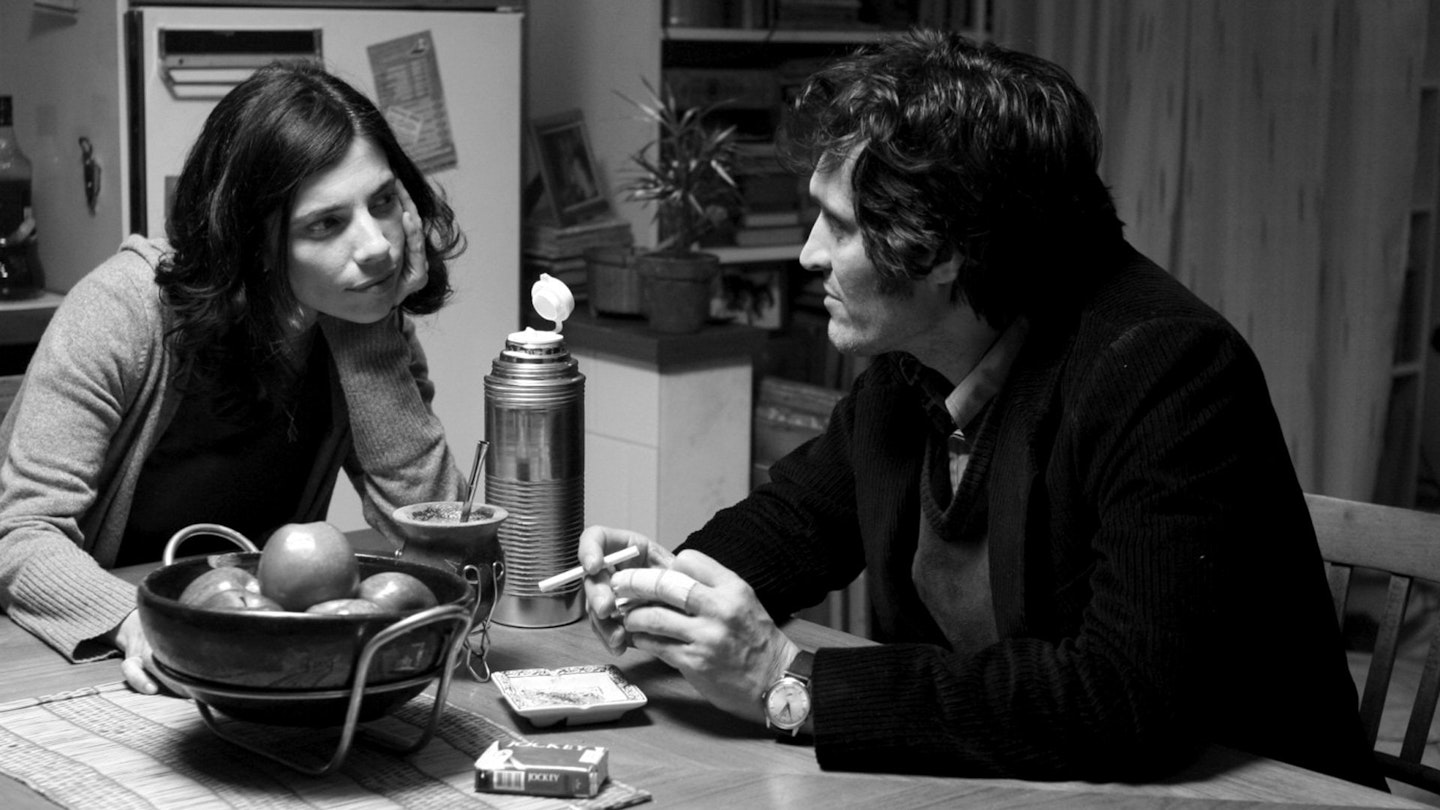About as far away from Iron Man 2 as you can get, Tetro is the second instalment in Francis Ford Coppola’s attempt to return to the small, personal films that he always wanted to make before horses’ heads and helicopters blew him off course. The first was Youth Without Youth, which in many ways is a more apt title for Comeback No. 2. For Tetro has the joys and shortcomings of a film-school experiment directed by a man in his seventies — it’s operatic in theme, visually stylish, full of great moments and talking points at the same time as being preposterous, pretentious and pretty much over-extending its grasp at every turn.
His first original screenplay since 1974’s The Conversation, Tetro is rife with Coppola connections — his father, like Tetro’s father, was a musician overshadowed by a brother — and flies by on his passions: for music, for family, for Powell and Pressburger (laid bare in striking, colourful dance sequences), for eating and talking, for ’60s Italian cinema, for being in a bath with two women at the same time. Recalling Rumble Fish (another film detailing fraternal fracas), this is shot in lustrous black-and-white, throwing up gorgeous image after gorgeous image, enhanced by Osvaldo Golijov’s wistful score and Walter Murch’s up-front-and-centre sound design.
Yet, in spite of all that, it never adds up to absorbing, satisfying drama. The first half, as Bennie and Tetro reconnect, mediated by Tetro’s missus (a terrific Maribel Verdú, her off Pan’s Labyrinth and Y Tu Mamá También), it has the feel of intimate Italian cinema. But as Coppola examines the pressures of genius on a fracturing family, he loses control of the plot, throwing in the contrived, the ludicrous (an arts festival hosted by Carmen Maura’s critic) and the downright overwrought (the finale at a funeral). Alden Ehrenreich makes for a good overly sensitive teen, Klaus Maria Brandauer is little more than a cipher and Vincent Gallo gives his tortured artist flash but never mines the depths.
